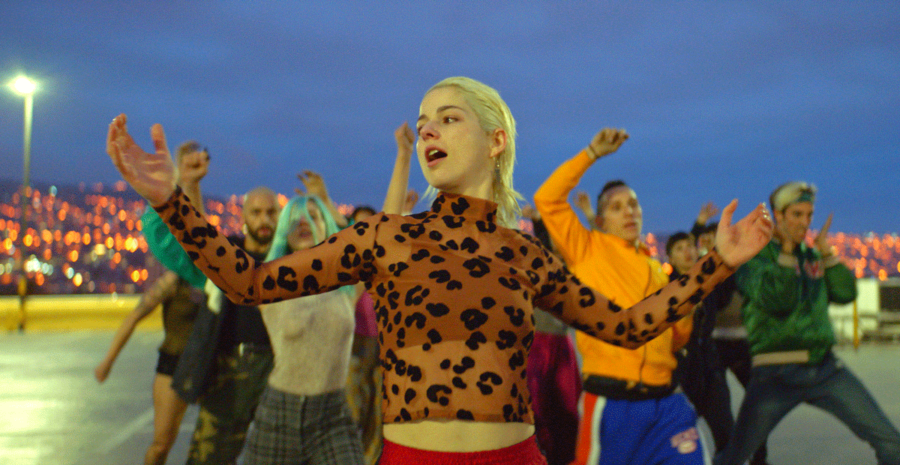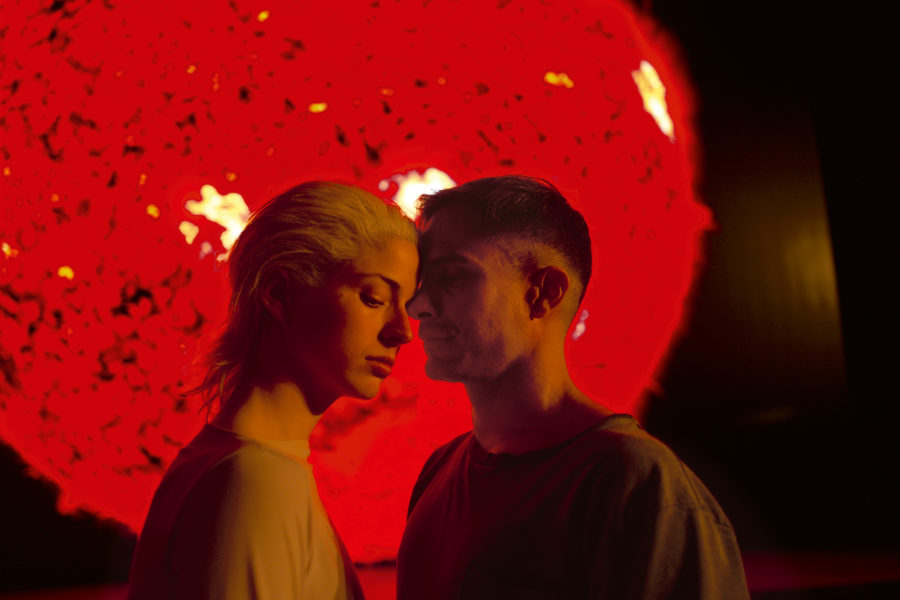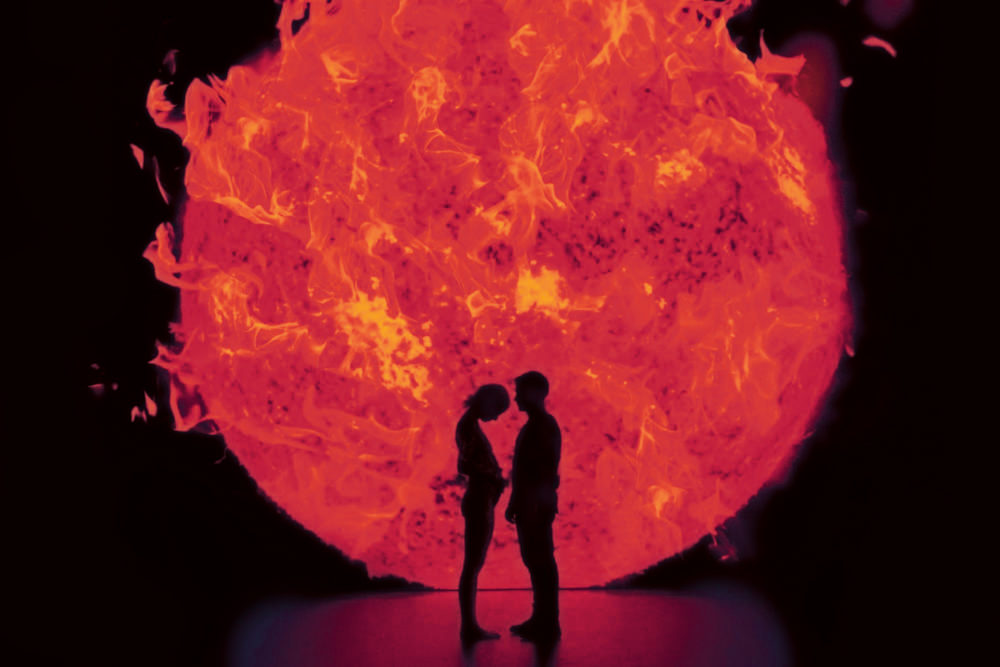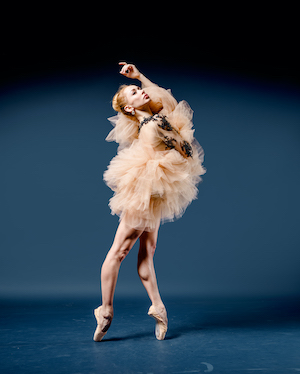Visionary director Pablo Larraín (JACKIE, NERUDA) returns with the dazzling dance movie EMA, intoxicating comment on sex, power and chaos in modern-day Chile. Ema is set in Valparaiso, Chile amidst the Reggaeton dance culture scene. Knife-sharp and unapologetically punk, it’s a whirlwind of provocative, no-holds-barred anarchy, anchored by a searing central performance from rising star Mariana Di Girolamo and wonderful choreography by José Vidal.
Ema (Mariana Di Girolamo) is a young dancer in a reggaeton troupe: effortlessly magnetic and dangerously impulsive. Her toxic marriage to older choreographer Gastón (Gael García Bernal) is beyond repair, following a rash decision to hand their adopted child Polo back into the hands of the state. Racked with regret, she sets out on a mission to get her son back, not caring who she’ll need to fight, seduce or destroy to make it happen. Pablo answers some questions about his movie, reggaeton dance and more!

When did you become interested in reggaeton dance?
Up until before this film, I had no particular interest in reggaeton. But during the production process, I got to know it and understand why the entire generation that is represented in this film listens to this music. It has a rhythm that is everywhere, like any strong element that comes from pop culture. You’re there and you’re forced to live with it. It’s a cultural exercise that has its own ethical and aesthetic existence. I understand it. I learn from it and it ends up interesting me. I actually kind of love it.
Describe your heroine Ema in your own words. What does she want out of life?
Ema is a paradigm: she’s a character of characters. Daughter, mother, sister, wife, lover and leader. She’s very powerful and presents a striking, beautiful sort of femininity. She’s motivated by relentless individualism, as she clearly knows what she wants and is capable of seducing those around her in order to line up her destiny. She wants to be a mother and have a family; perhaps what moves and motivates her the most is love.
Describe Ema and Gastón’s dynamic — what binds them together?
This is a couple that has a lot of things in common: their professions, cultural interests, dance. They have a deep love for one another. I think they’re a couple that looks dysfunctional, but in the end, they turn out to be quite organic.

Where did you find your lead actress Mariana Di Girolamo?
I saw a picture of Mariana in a newspaper. I got a hold of her and I met her at a café in order to get to know her. Ten minutes into the conversation, I was offering her the film’s title role. I thought that she had an intense enigma, a powerful mystery, and that she had a lot of levels, intellectually, physically, and sensorially, which meant that she could be seen and read from many angles. Mariana does something very powerful with Ema, because she becomes that vehicle, that pop-punk cultural electricity that the film has, which guides the spectator down an unknown path that is surprising, captivating, and defiant.
You’re known for making “autopsies of the past” — is your latest film an autopsy of the future?
I don’t think this is an autopsy of the future: it’s a testimony of today. The people from the generation that we can observe in this film, who were probably born during this century or towards the end of the previous one, belong to a generation that dances without any sort of shame. They express themselves with their bodies and with music in a way that is completely different to my generation. This is my first film set in present-day Chile, where I speak of a generation that isn’t my own. So it’s new. It was a very illuminating and fascinating process.
 How was it different working with Gael García Bernal this time around?
How was it different working with Gael García Bernal this time around?
Gael is one of the strongest Spanish-speaking actors out there. He’s a solid guy, brilliant and a great friend. A piece of genius. So it’s a pleasure and an honor to work with him once again.
What else would you like audiences to take away from this movie?
I have no idea what the spectator will take away from the film, because the film isn’t a closed-off piece; it allows for a space, a crack through which the spectator can enter and exit so that each person can provide closure to it from his or her own biography. For each person, EMA will be a different film.
EMA is streaming exclusively on MUBI from 2nd of May 2020.


